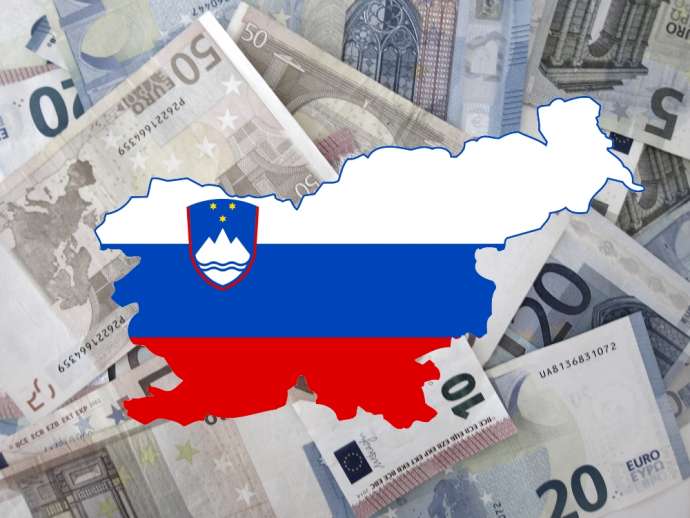STA, 6 June 2019 - Slovenia's gender pay gap is relatively low when compared to EU average, however, it has been increasing at the fastest rate, warned participants of an international conference in Ljubljana on Thursday.
The latest figures put Slovenia's gender pay gap at 8% for 2017, which compares to EU average of 16%, but the gap expanded from only 0.9% in 2010, according to Eurostat data.
The figures were cited as a reminder of the escalating issue at the Equal Pay for Equal Work conference, held by the German political foundation Friedrich-Ebert Stiftung and the trade union confederation ZSSS.
Related: Slovenia's Minimum Wage 9th Among 22 in EU
Andreja Poje, the ZSSS executive secretary, said that equal pay had been a human right ensured by international acts since 1948. She pointed out that despite EU and national regulations aimed at tackling the gap, those acts had not proved effective in practice.
The gap has been closing very slowly and, based on the International Labour Organisation Data, if it continues to do so at the current pace, it will take 70 years to completely bridge it, said Poje.
According to her, women's gross hourly earnings are lagging behind men's most severely in financial and insurance services, health and social care and education. Surveys show that the situation is surprisingly worse in the public sector and not the private one.
Živa Humer of the Peace Institute pointed out that the gender pay gap affected the gender pension gap and resulted in the feminization of poverty. The EU average gender pension gap was at 39% in 2017, while in Slovenia the figure stood at 24%, said Humer, adding that Slovenia was among countries with the highest rate of older women being at risk of poverty.
Related: Find Out the Average Pay for Various Jobs in Slovenia
According to Humer, mitigating measures include setting up record mechanisms, reporting and sanctioning gender pay gap cases in sectors and companies, implementing bans on the gender pay gap in collective agreements, encouraging the young to opt for gender-atypical professions, raising the status of care work, raising awareness, and co-funding research as well as pensions to keep them above the poverty line.
Silvia Maja Melzer of the German Bielefeld University said that despite the growing trend, Slovenia belonged to the group of countries with the lowest gender pay gap, labelling that as a strong foundation for the fight against inequality, considerably better than the ones in countries such as Germany and Czechia, which, according to her, still had a long way to go.
The 2017 gender pay gap in Germany was at 21%, while the Czech figure stood at 21.1%, the second highest rate recorded in the EU. Both countries have started developing action plans and legislation amendment proposals to tackle the issue.
Maruša Gortnar of the Labour Ministry pointed at the government's measures for narrowing the gender pay gap, including integrating the gender equality index, determined by the European Institute for Gender Equality, into the country's development strategies. One of the sub-indicators of the index is the pay gap, which assists the ministry in developing its action plans.
Related: OECD - Slovenia Ranks 8th Globally on Gender Equality
Executive director of the Slovenian Managers' Association Saša Mrak said that the association had been striving to ensure equal pay and gender equality by awarding equal treatment in projects.
She pointed out that last year women managers were granted support by the association's management board in tackling this issue legally for the first time.
The ZSSS president Lidija Jerkič said that, according to her experience, such discrimination was usually covert and an issue that escalated gradually.
Female workers may be treated the same way as their male co-workers at the beginning, getting equal pay and benefits, but over time the former are less likely to get promoted than the latter due to their alleged lower level of competitiveness, said Jerkič.






